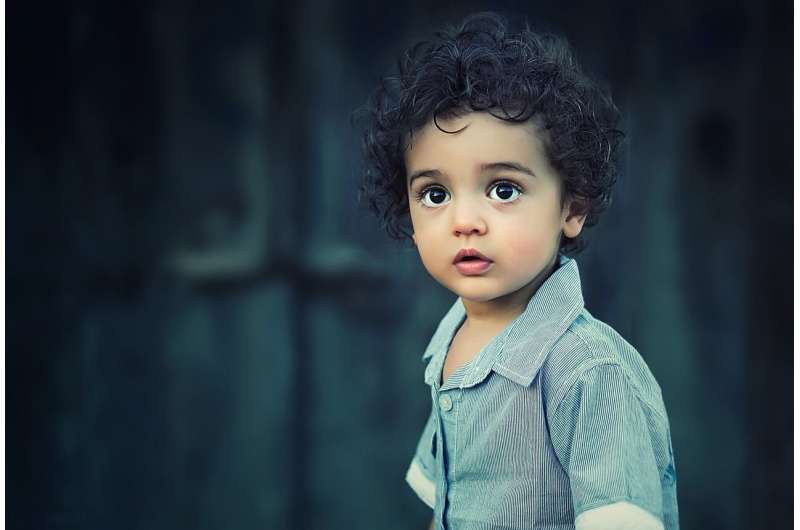11.15.23
Psychologist offers advice on soothing children traumatized by war

What is the psychological impact of war on children?
What can adults do to help?
- Provide structure and maintain daily routines. “Routines—doing things in familiar patterns—offer predictability, reliability and a sense of security. Regular routines are often disrupted during war. Think flexibly about how you can maintain a similar structure to your day or previous routines that you can restore. Some examples include keeping the same bedtime routine and eating meals together.”
- Permit your child to experience a feeling of control and mastery within the home. “Children often experience a loss of control during times of crisis. Some examples to help foster feelings of control and mastery include allowing your child to plan a meal or the evening activities.”
- Start (or restart) a ritual or tradition. “A ritual is a special behavior that we repeat throughout our lives. Rituals support the emotions we experience and are like routines in that they help to create a predictable environment. Think about starting a new ritual or doing a ritual that was already established in your family or community. Examples of rituals could be singing a special song, beginning a mealtime with a saying, gratitude or blessing, or saying the same thing to your child when they wake up each morning or go to bed each night.”
- Validate emotions. “Permit children to feel a range of emotions, emphasizing that no emotion is ‘wrong’ or ‘bad.’ Instead of saying, ‘Don’t be scared!’ you can say, ‘It’s okay if you’re feeling scared right now.'”
- Encourage emotional expression and lead by example. Children are often able to pick up on the emotions that the adults around them are experiencing. It is important for adults to model how to manage strong emotions like fear, anger, sadness and grief. Children learn a lot through what they observe their parents do. It helps children to see that the adults in their lives have similar feelings to them and that they can manage these big feelings by talking about them and sharing them with others.”
- Be mindful of the child’s age. “For children, emotions can be shared through play, music, art and storytelling. Adolescents may feel more comfortable sharing their emotions through dialogue with a trusted adult. Adults should always be mindful of the developmental stage of a child when discussing traumatic events (e.g., not oversharing details with small children).”
- Prevention is intervention. “The best treatment can be prevention. Asking children and adolescents what they are hearing about the crisis and how they are feeling about it is important. Engaging in open, honest and developmentally appropriate dialogue assists children in learning about current events and processing emotional reactions. This shows kids that you are available and willing to support them no matter what they are feeling.”
Source: Read Full Article


